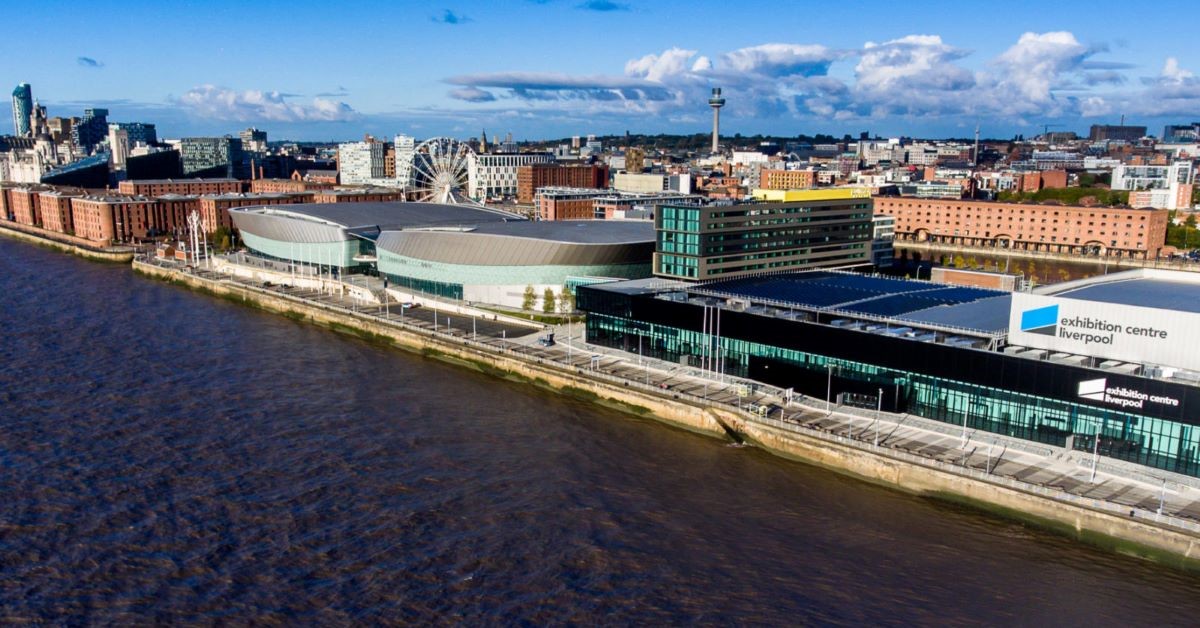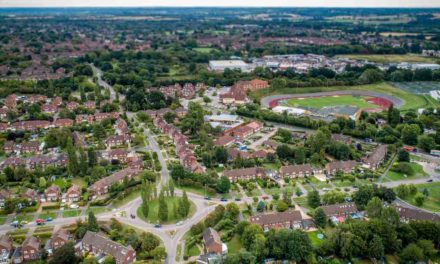Cllr Pavitar Mann, DevComms director and leader of Slough Borough Council Labour group, details the importance of attending party conferences for the housing and property sector.
As the dust settles on the by-election results with all parties managing to find a way to spin the result as positively as possible for themselves, despite the fact that most psephologists endorse the view that, despite the Tories narrowly holding the Uxbridge and South Ruislip seat, the results currently pretty much spell disaster for them in the next General Election.
Coupled with Summer recess now underway, you would be forgiven for thinking it might be a slightly quieter period on the politics front.
For those in the housing and development sector however, this is far from the case.
On Monday July 24, Secretary of State Michael Gove announced the Government’s intended big priority areas for the coming months, including further relaxing permitted development rights, concentrating development in urban areas alongside the establishment of a ‘super squad’ of planners.
Gove has argued that the best way to tackle the long established and widely accepted housing crisis is to make better use of existing buildings. The political reality however, is that this resultant policy shift may be more due to the Government watering down the housing targets for local authorities in response to substantial backbencher rebellions on this issue.
The new announcement has raised further ire from Conservative backbenchers, some of whom have already stated publicly that they will oppose the proposals. Coupled with the tacit acceptance by the Government that they will not meet their manifesto commitment of building 300,000 new homes per year, opponents are already criticising the announcement as proof that the housing crisis has got worse, not better, under the current administration.
The Labour Party, keen to ensure ‘clear red water’ between themselves and the Conservatives on this issue, have already indicated that they will go into the next General Election campaign as the ‘party of homeowners’. Early pledges include the reintroduction of housing targets, more building on the greenbelt and ‘tilting the power’ in favour of first-time buyers.
It will also not be lost on Labour that the approach set out by Gove, to intensify development in town centres’, will disproportionally impact on Labour leaning urban areas. With the party’s National Policy Forum at the weekend setting the first path to their eventual manifesto, the coming months will be crucial for organisations to engage with the party in helping formulate policy.
It is not just political opponents that the Government needs to fear – the Local Government Association, the umbrella organisations for local councils up and down the country, have also criticised the plans to relax permitted development rights.
They argue that this often results in sub-standard accommodation, circumvents the planning obligations that would accompany planning applications and leads to unsuitable, poor quality, homes.
Therefore, rather than taking the Summer recess to pause political engagement, savvy organisations in the development sector are pressing ahead with their plans for party conference season, eager to ensure that they best promote their companies within an evolving and volatile, political landscape.
Housing and development are going to be a key political priority debated on at party conferences, yet it is surprising at the lack of corporate engagement within these sectors at conference season.
With the next General Election widely expected to be in the Autumn of 2024, this year will likely be the last full conference season before an election. All UK parties are already getting into full campaign mode, and conference season will likely see major new policy launches and set the groundwork for eventual general election campaigns.
Whilst a change of Government is widely expected, this obviously cannot be taken as a guarantee. What is certain though, is that the political and legislative landscape will continue to change, with clear dividing lines between the main parties on development and planning policy matters.
As such, it is more important than ever to ensure that your company is ahead of the curve on any potential opportunities or impacts to your business. Furthermore, brand recognition and profile amongst key political stakeholders is crucial to ensure that your concerns and business objectives are being heard by the right people, and that you are well positioned to help influence emerging policy.
Whether you are a conference pro or never been to a party conference before, DevComms can help with targeted support to ensure you get the most out of your conference presence.
Whilst conferences can be primarily social activities for the hoards of party activists who go along, there is a serious business objective at play for the hundreds of businesses that make a point to be seen during conference season. Engaging with the right people at the right time can be of immeasurable benefit to your organisation and the business environment in which you operate.
Key benefits of conference include:
- Brand visibility and awareness – increasing your brand’s visibility and awareness amongst key political stakeholders is key at this stage of the political It is important that policy makers understand your business and the potential impact that legislative changes may have on your company. Senior party officials want to hear directly from businesses, and conference provide a great opportunity to engage with policy makers and promote your company.
- Setting the policy debate – hosting a fringe event can provide a fantastic opportunity to help shape the narrative around key policy Do you want to see the party doing more to tackle the challenges of providing older persons housing? Do you have an industry position on how they can help support growth in housing delivery? Do you want to ensure that senior policy makers are aware of the challenges you are facing with the planning system? A fringe event gives you that policy platform and enables you to put forward your corporate viewpoint, so that you can be seen to be at the heart of the political debate.
- Direct engagement – you will never get as many politicians, both national and local government leaders, in the same place at the same This really does mean that you can benefit from access to important stakeholders all in one go, and at considerably less cost than meeting them individually. This is particularly important given where we are in the political cycle. You do not want to make the mistake of waiting until after the General Election to engage with politicians, as the earlier you can lay the groundwork, the better. Whether this be through formal meetings or more casual networking over drinks, party conferences really do offer the best opportunity to expand your political networks.
- Finally, conference is a great opportunity to benchmark what your competitors are doing and Are they making arguments that contradict your own views? Could there be a benefit in joining forces to press the case for legislative change? Having oversight over your competitors can help you ensure that you are being agile and responsive in your own political engagement strategy.
Image shows this year’s Labour Party conference venue, the ACC, ECL and the Pullman Hotel in Liverpool. The conference runs from October 8 – 11.
DevComms will be in attendance at the major political party conferences this Autumn, supporting clients with their engagement needs. If you would like to discuss your objectives, and how DevComms can maximise the impact of your strategy over conference season, get in touch with head of public affairs, director Pavitar Mann at p.mann@devcomms.co.uk or on 07785 464 215.
© London West (powered by ukpropertyforums.com).
Sign up to receive our weekly free journal, The Forum here.
















